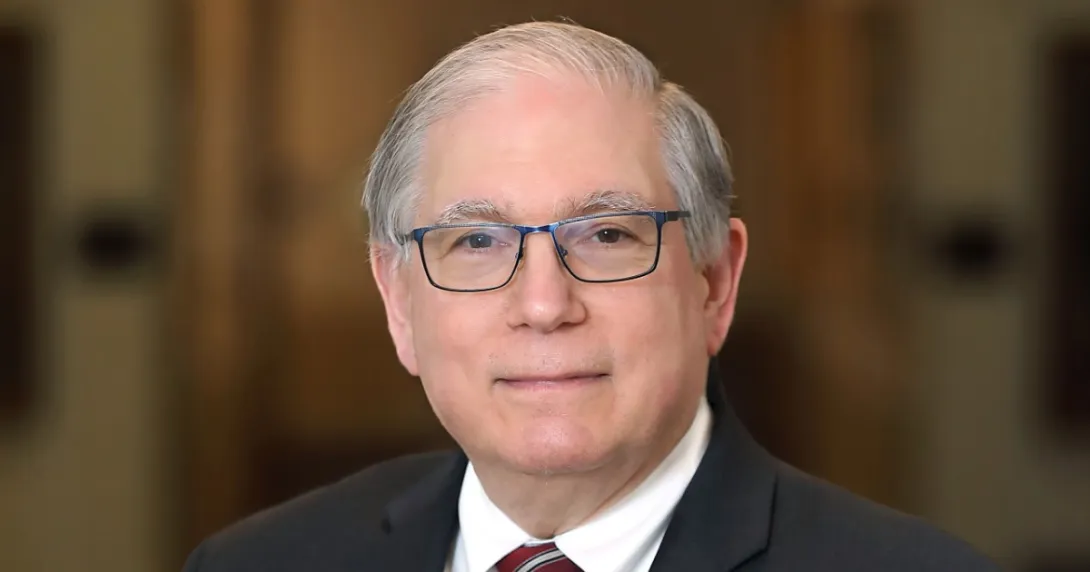
U.S. Department of Health and Human Services Secretary Xavier Becerra named Dr. Lawrence Tabak as acting director of the National Institutes of Health, effective Dec. 20.
Tabak, an elected member of the National Academy of Medicine, has served as principal deputy director and deputy ethics counselor at NIH since 2010.
"Dr. Tabak has a deep grasp of the most pressing scientific issues confronting our nation," Becerra said in a statement. "He has earned respect across NIH as a thoughtful and strategic manager and is committed to building a healthier and more equitable America."
Tabak's selection comes on the heels of the announcement that NIH Director Dr. Francis S. Collins would be retiring from the agency by the end of 2021. Collins was the longest-serving presidentially appointed individual to hold the position.
According to Becerra, Tabak will fill the role in advance of President Joe Biden appointing Collins' replacement.
"Dr. Tabak's long tenure and broad experience at the NIH will ensure that the agency is in capable hands and serve it well during the search for Dr. Collins' successor," Becerra said.
As outlined on the NIH website, Tabak directed the National Institute of Dental and Craniofacial Research from 2000 to 2010.
He was also the senior associate dean for research and a professor of dentistry and biochemistry and Biophysics in the School of Medicine and Dentistry at the University of Rochester in New York.
He maintains an active research laboratory within the NIH intramural program, with a major research focus on the structure, biosynthesis and function of glycoproteins.
In 2018, Tabak expressed enthusiasm about NIH's STRIDES Initiative, aimed at using cloud computing to access large biomedical datasets more easily. (STRIDES stands for Science and Technology Research Infrastructure for Discovery, Experimentation and Sustainability.)
The program's first partnership was with Google Cloud, followed by Amazon Web Services and Microsoft Azure.
"The STRIDES Initiative aims to maximize the number of researchers working to provide the greatest number of solutions to advancing health and reducing the burden of disease," Tabak said at the time.
Kat Jercich is senior editor of Healthcare IT News.
Twitter: @kjercich
Email: kjercich@himss.org
Healthcare IT News is a HIMSS Media publication.


